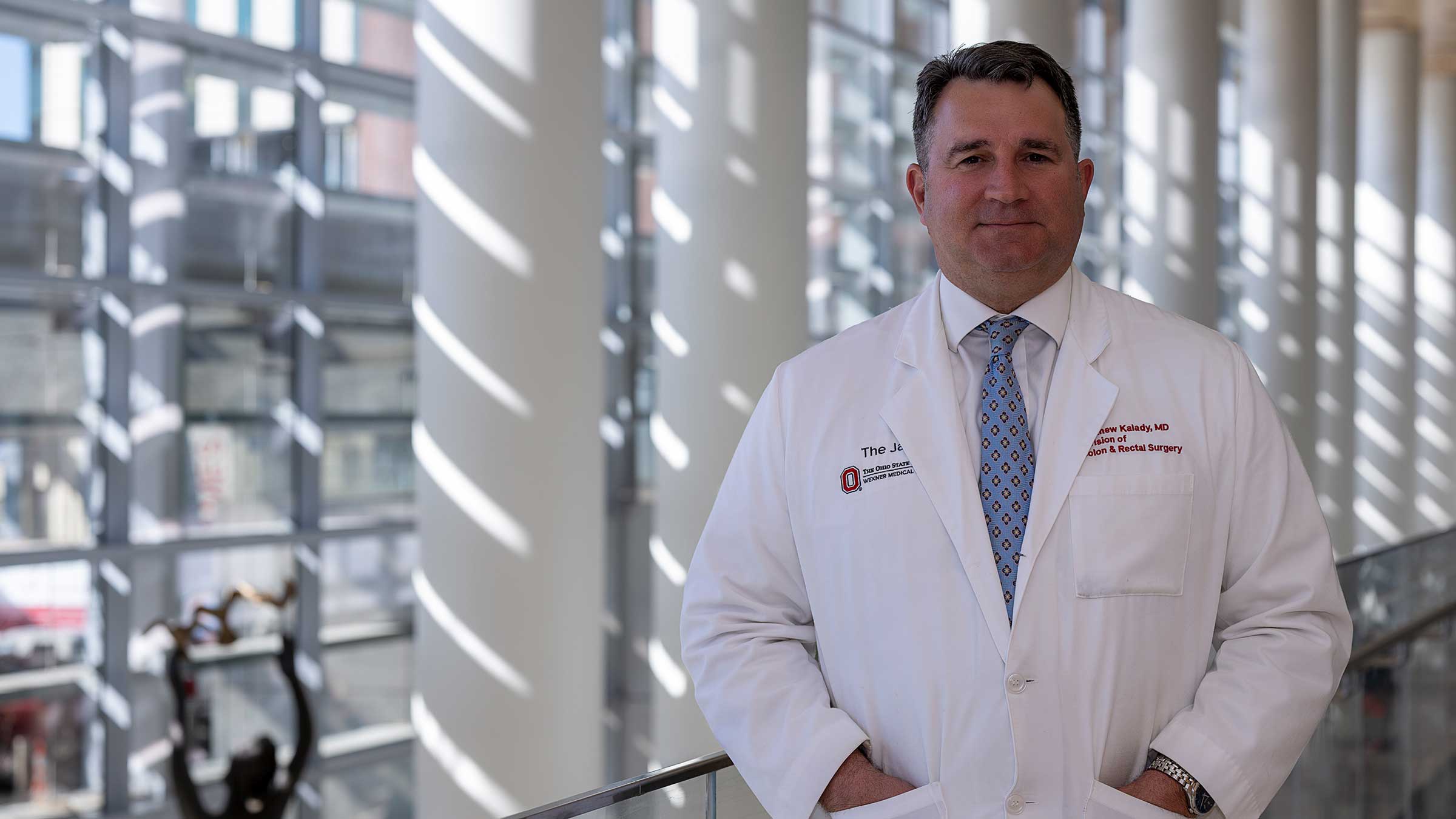
Why is colorectal cancer screening important?
Colorectal cancer screening saves lives. Colonoscopy screening can prevent colorectal cancer by detecting precancerous polyps that can be removed during the colonoscopy, before they become cancerous tumors. Screening can also detect early-stage colorectal cancer before it spreads to other parts of the body. Early-stage colon cancer is easier to treat and has a much higher chance of being cured.
How common is colorectal cancer?
Colorectal cancer is the third most common form of cancer, and approximately 5% of the U.S. population will be diagnosed with this type of cancer during their lifetime. In recent years, we have seen an increase in the number of younger patients diagnosed with colorectal cancer.
When should you be screened for colorectal cancer?
The current guideline is to begin screening at age 45 for average-risk people. Average-risk is defined as having no family history of colon cancer or high-risk polyps. High-risk individuals are defined as people with a first-degree relative (parent, sibling or child) diagnosed with colon cancer.
Those at high risk should begin screening either at the age of 40 or 10 years before the age their first-degree relative was diagnosed (whichever age is lower). If you have a family history of colorectal cancer, discuss with your physician when you should be screened. It’s also important to note that there is a difference between screening and evaluation of symptoms. Colonoscopy screening is for people who don't have any symptoms. If you have any symptoms related to your colon, such as bleeding with bowel movements, nausea, bloating or change in your bowel habits, speak to your doctor right away.
What’s involved in a colorectal cancer screening?
Colonoscopies are considered the gold standard for colorectal cancer screening and are our most effective tool in diagnosing and removing precancerous polyps and detecting early-stage colorectal cancer.
A colonoscopy is a minimally invasive medical procedure. The patient is sedated, then the doctor inserts a small camera mounted on the end of a long, flexible tube into the colon (large intestine). The camera gives the physician a clear, visual image of the inner lining of the colon to detect any abnormalities that might be present with colon, rectal or anal cancers.
Some preparation is required by patients prior to a colonoscopy. Patients must fast and are prescribed a bowel-prep liquid solution (or a pill in some cases) that is ingested the evening before the procedure to help clear the colon. This can be a bit of an uncomfortable experience, but it’s important because it evacuates all the stool from the colon and ensures excellent visibility for the physician performing the colonoscopy.
Are at-home screening kits effective?
At-home colorectal cancer screening tests can be effective in detecting colorectal cancer and are an option for people with an average risk. High-risk individuals are urged to opt for a colonoscopy. If the at-home test is positive, the next step is to schedule a colonoscopy.
How often does the average person need colorectal cancer screening?
People at average risk should undergo a colonoscopy every 10 years, starting at age 45. If a precancerous polyp is detected in a screening, the recommended interval will change depending on what was found. People who opt for at-home screening should take the test every 1-3 years, depending on the test used and the results.

Accurate, early cancer diagnosis matters
The James Cancer Diagnostic Center gives patients direct, expedited access to diagnostic testing and consultation with Ohio State cancer experts.
Schedule an appointment today




